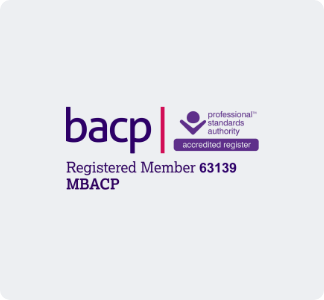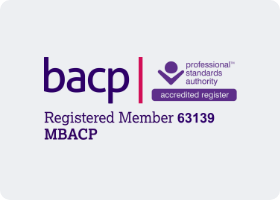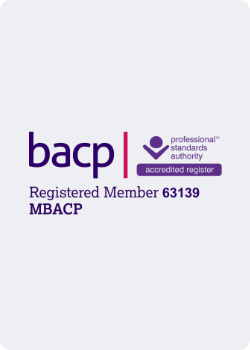About the BACP
British Association for Counselling & Psychotherapy



The British Association for Counselling grew from the Standing Conference for the Advancement of Counselling, a grouping of organisations inaugurated in 1970 at the instigation of the National Council for Voluntary Organisations. Membership was extended to include individuals when in 1977, with the aid of a grant from the Home Office Voluntary Service Unit, the British Association for Counselling was founded.
In 1978 the headquarters was moved from London to Rugby, courtesy of the National Marriage Guidance Council which provided free accommodation to help the association establish itself.
In September 2000, the Association recognised that it no longer represented just counselling, but also psychotherapy. It changed its name to the British Association for Counselling and Psychotherapy (BACP). The change of name also acknowledged that counsellors and psychotherapists wished to belong to a united profession that could meet the commonality of interests for both counselling and psychotherapy.
BACP is the largest and broadest body within the sector. Through its work, BACP ensures that it meets its remit of public protection, whilst also developing and informing its members. Its work with large and small organisations within the sector ranges from advising schools on how to set up a counselling service, assisting the NHS on service provision, working with voluntary agencies, and supporting independent practitioners. BACP participates in the development of counselling and psychotherapy at an international level.
The quality of response that BACP is able to offer, has led the Association to being the prime partner in projects with national and local organisations, bodies and groups.
Qualified & Professional Counsellor • Member of the British Association for Counselling & Psychotherapy • Member of the association for independent practitioners
